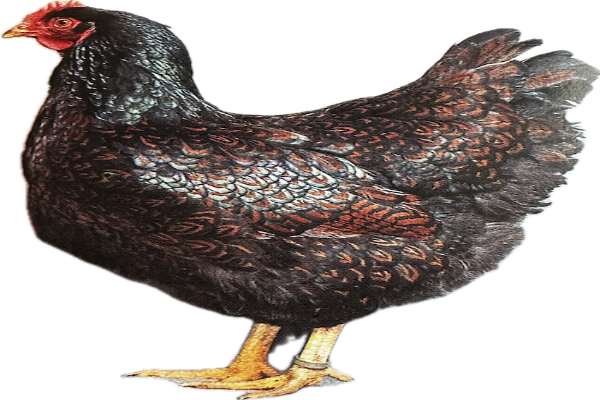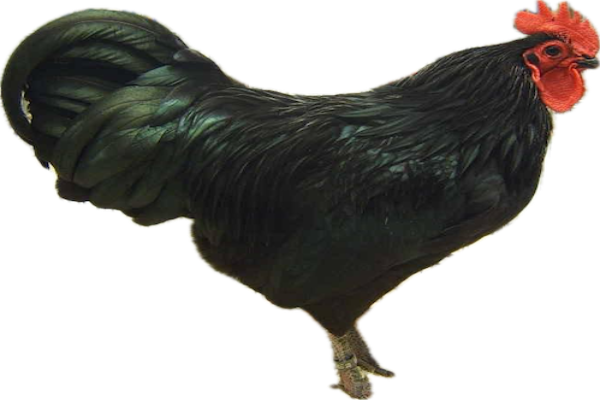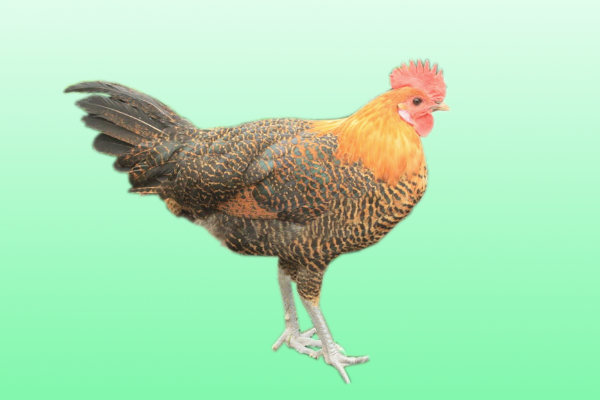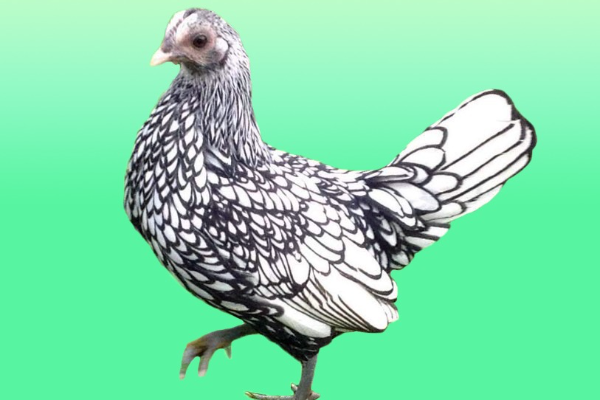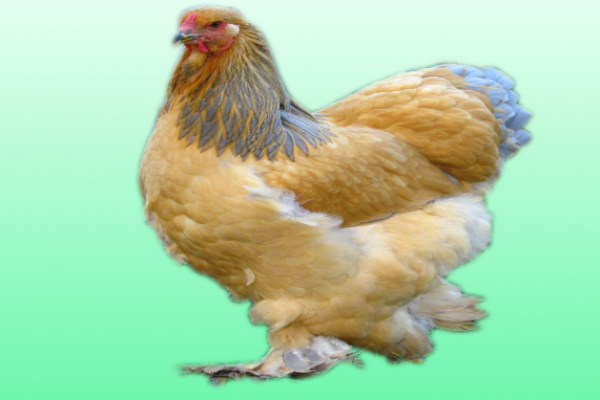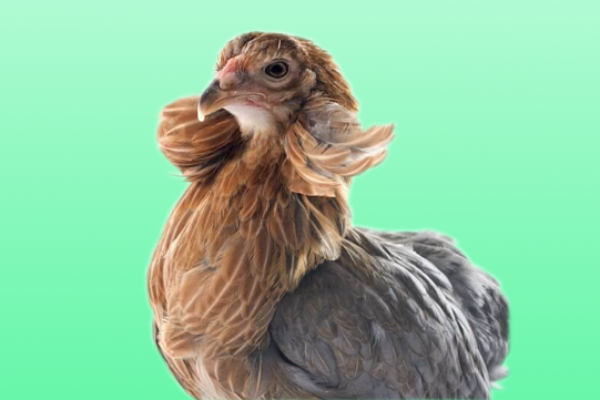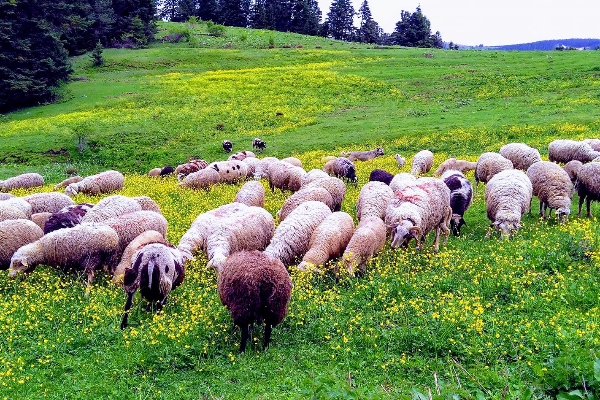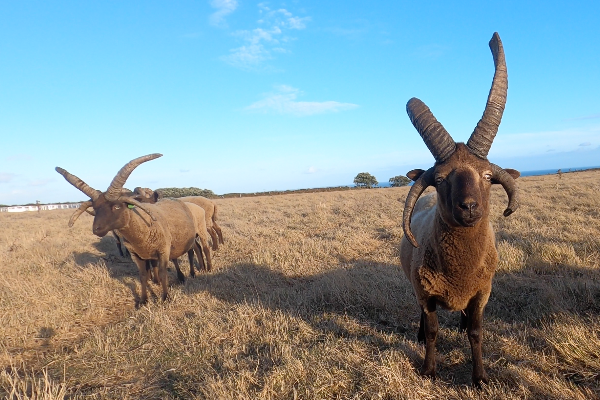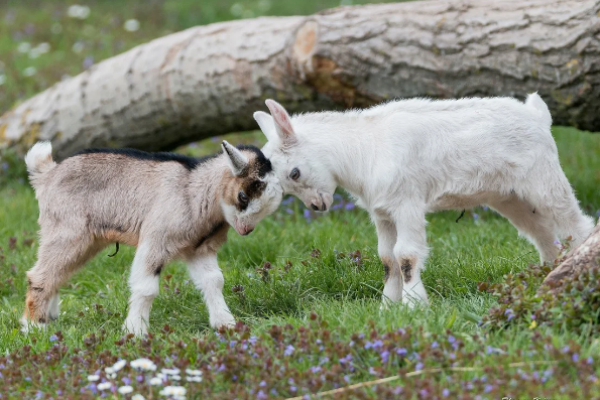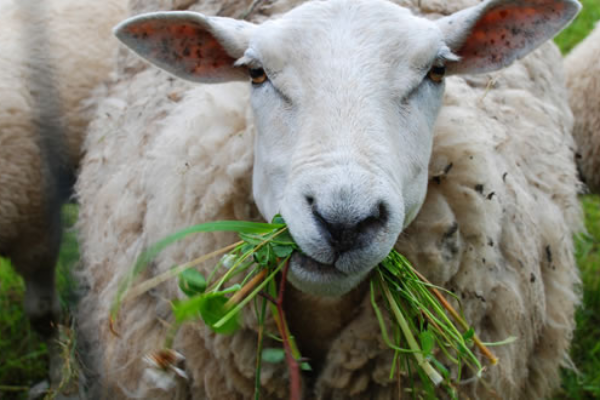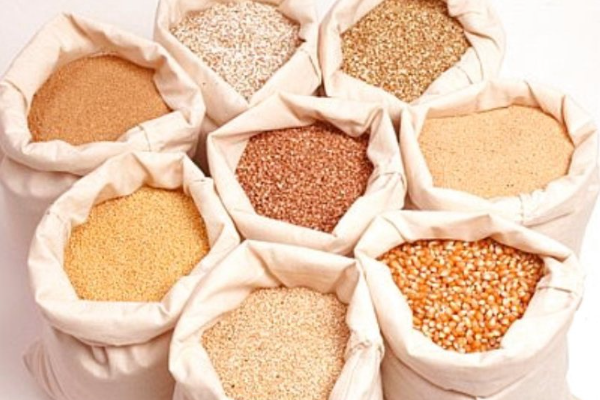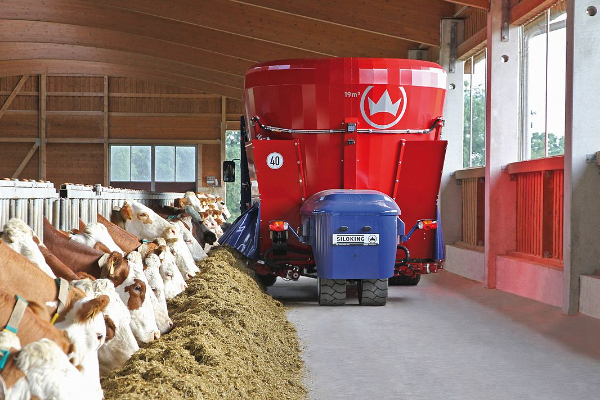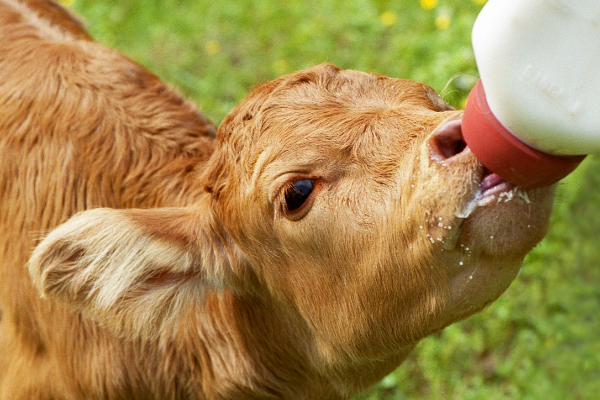Urinary Calculi (Water Belly)

Urinary calculi or “water belly” is a common metabolic disease of male sheep and goats. The disease occurs when calculi (stones), usually comprised of phosphate salts, lodge in the urinary tract and prevent urination. Normally, phosphorus is recycled through saliva and excreted via feces in ruminants. High grain, low roughage diets decrease the formation of saliva and therefore increase the amount of phosphorus excreted in the urine.
Rams and wethers in feedlots or on high-grain rations are most often affected by urinary calculi, but the condition can occur in sheep on succulent pastures or on grain stubble.
Rations high in phosphorus or rations with a phosphorus-calcium imbalance are most often associated with a high incidence of urinary calculi in feedlot lambs. Urinary calculi occurs when salts that are normally excreted in the urine precipitate and form stones. The stones then lodge in the kidney, ureters, bladder, or urethra.
Affected animals evidence colicky pain by licking at the belly, treading with the hind feet, and switching the tail. Attempts to urinate are frequent, with straining and grating the teeth. Urine passage is scanty, often blood-tinged, and sometimes totally absent.
When the obstruction is complete, the urethra or bladder will rupture. Rupture of the urethra results in diffusion of urine under the skin of the belly, extending toward the chest.
As pain and discomfort increases, affected animals will isolate themselves. In goats, there may be increased vocalization and tail twitching.
Rupture of the bladder brings relief from the pain, but urine accumulates in the abdomen, causing toxemia and death in about 48 hours.The gathering of urine under the skin or in the abdominal cavity is referred to as water belly.
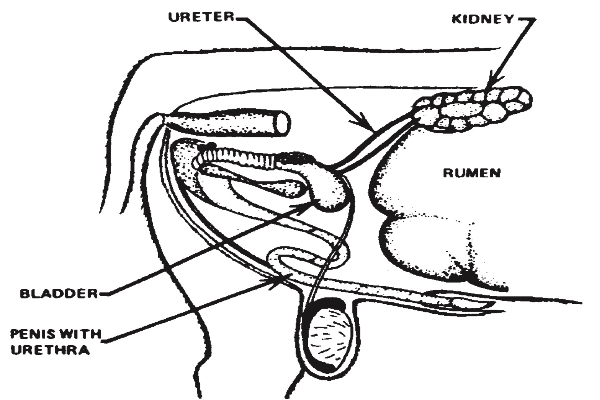
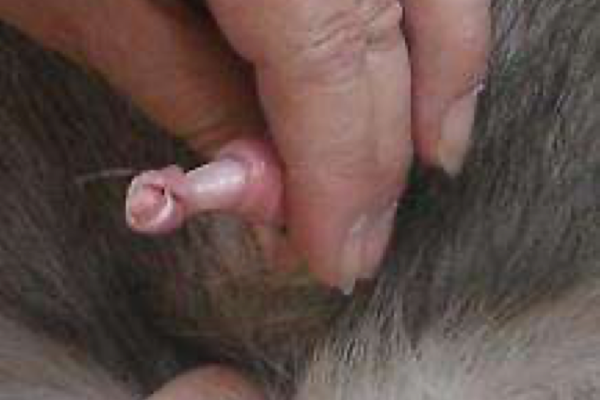
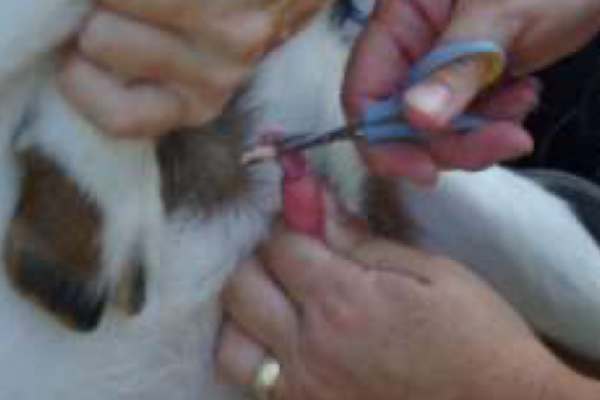
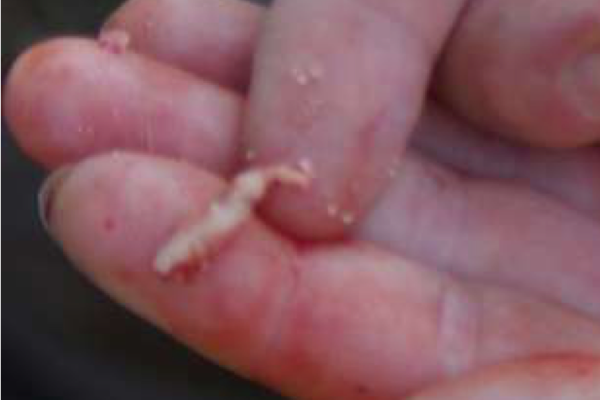
- Preventing the disease by proper management is essential because treatment often is ineffective.
- Sheep must have a clean, constant source of water. Avoid excess phosphorus in the ration.
- When high-concentrate rations (which are high in phosphorus) are fed, feed-grade limestone can be added to the ration to increase the calcium level above the phosphorus level.
- Adding ammonium chloride to a ration at the rate of 0.5 percent (8 to 10 pounds per ton), or about 0.25 ounces per head per day, is one of the most effective methods of controlling urinary calculi.
- Ammonium chloride can be included in pelleted or ground concentrate rations during the entire feeding period, but it cannot be effectively mixed with whole-grain rations because it settles out and is not consumed.
- Ammonium chloride also can be used as a drench for affected animals.
- Use up to 1.5 ounces per head, but administer only once at that level.
- Smooth-muscle relaxants may aid in passage of lodged calculi stones.
- Calculi also can be removed by surgery, but this is not practical for commercial sheep.

Written by
H Cetin KATIRCI
Online ShepherdBreedsMore
IllnessesMore
Forage cropsMore
![]() Патологическая физиология голодания Arina TARAN
Патологическая физиология голодания Arina TARAN![]() Дефицит фосфора (гипофосфатемия) Hipofosfatemi Arina TARAN
Дефицит фосфора (гипофосфатемия) Hipofosfatemi Arina TARAN![]() Какие бывают кормораздатчики для ферм КРС? Irina Makarova
Какие бывают кормораздатчики для ферм КРС? Irina Makarova![]() Кормушки для овец Diana Myakisheva
Кормушки для овец Diana Myakisheva![]() Питание домашних коз: что едят, виды корма и правила кормления Alina Arslantürk
Питание домашних коз: что едят, виды корма и правила кормления Alina Arslantürk![]() Важность минералов питании сельскохозяйственных животных Irina Makarova
Важность минералов питании сельскохозяйственных животных Irina Makarova

